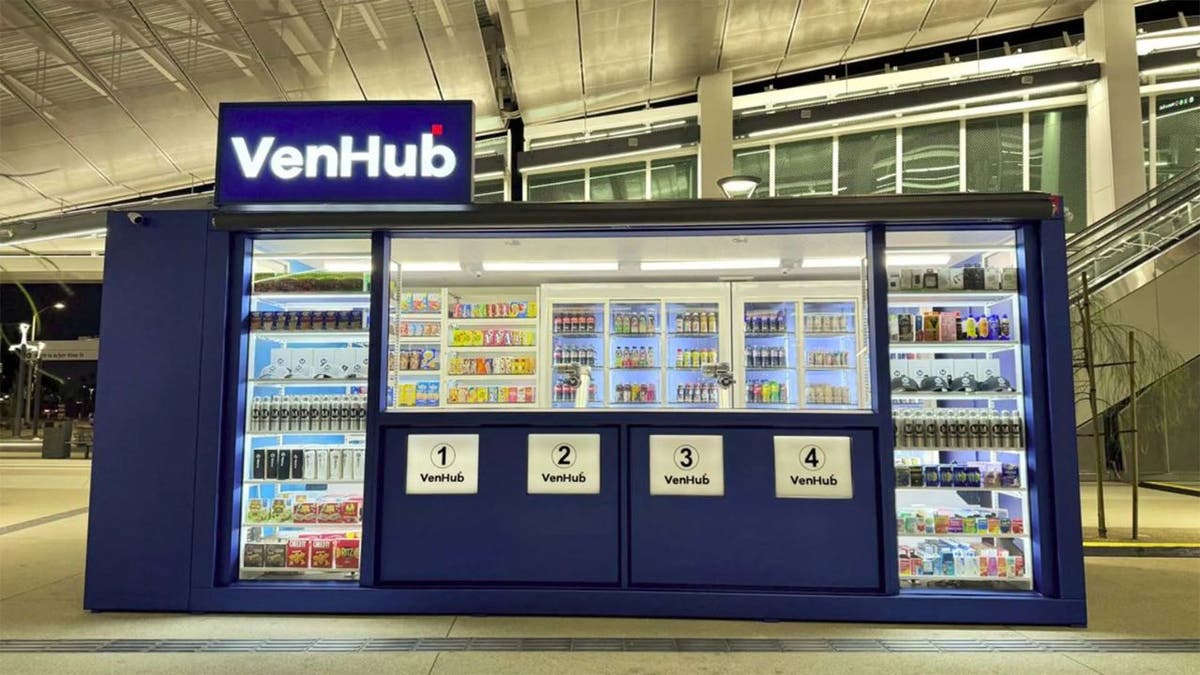
A federal judge on Thursday temporarily blocked the government from enforcing part of one of President Trump’s executive orders that directs agencies to withhold funds from cities and counties that don’t cooperate with federal immigration enforcement.
In a brief order, the judge, William H. Orrick of the Federal District Court for the Northern District of California, found himself retreading old ground, intervening to stop a tactic he described as nearly identical to one Mr. Trump tried early in his first term.
“Here we are again,” he wrote.
As he did eight years ago, Judge Orrick prohibited the government from “taking any action to withhold, freeze, or condition federal funds” based on the president’s order or a related memo Attorney General Pam Bondi sent on Feb. 5 to outline ways agencies could suspend federal payments.
Mr. Trump’s directive inspired a legal challenge from 16 city and county governments. They argued that the order violated the Constitution’s spending clause, which vests in Congress the power to finance programs and sway state behavior through federal funding.
After Judge Orrick issued his ruling in 2017, the U.S. Court of Appeals for the Ninth Circuit quickly upheld it, creating a straightforward precedent for him this time around.
As in many similar cases involving the freezing of federal funds, the Trump administration’s rapid-fire approach has left it on shaky footing in court. Decisions to abruptly terminate federal programs Mr. Trump has described as wasteful, or to withhold them as leverage to force local governments to fall in line with his political agenda, have repeatedly left the government vulnerable to lawsuits claiming that the sudden changes had been made without due process or otherwise infringed on Congress’s authority.
Judge Orrick wrote that the move threatened to disrupt local governance, harming residents in the process.
“The threat to withhold funding causes them irreparable injury in the form of budgetary uncertainty, deprivation of constitutional rights, and undermining trust between the cities and counties and the communities they serve,” he wrote.
The ruling was limited to the 16 cities and counties involved in the lawsuit. The plaintiffs are mostly in California, but they also include Minneapolis; Santa Fe, N.M.; and New Haven, Conn.
As with much of Mr. Trump’s second-term agenda, the immigration policies his administration has pursued have been notably bolder and more explicit this time around, which Judge Orrick noted in the order. Reflecting on the similarities between the current case and the one he considered in 2017, he wrote that the harms facing the cities and counties had grown only more concrete and serious as the Trump administration has ratcheted up its enforcement efforts.
But in granting the injunction, which will last through the duration of the lawsuit, he noted that as the retaliatory posture toward those cities and counties had crystallized, their case against the government had grown stronger in kind.
“Their well-founded fear of enforcement is even stronger than it was in 2017,” he wrote.




